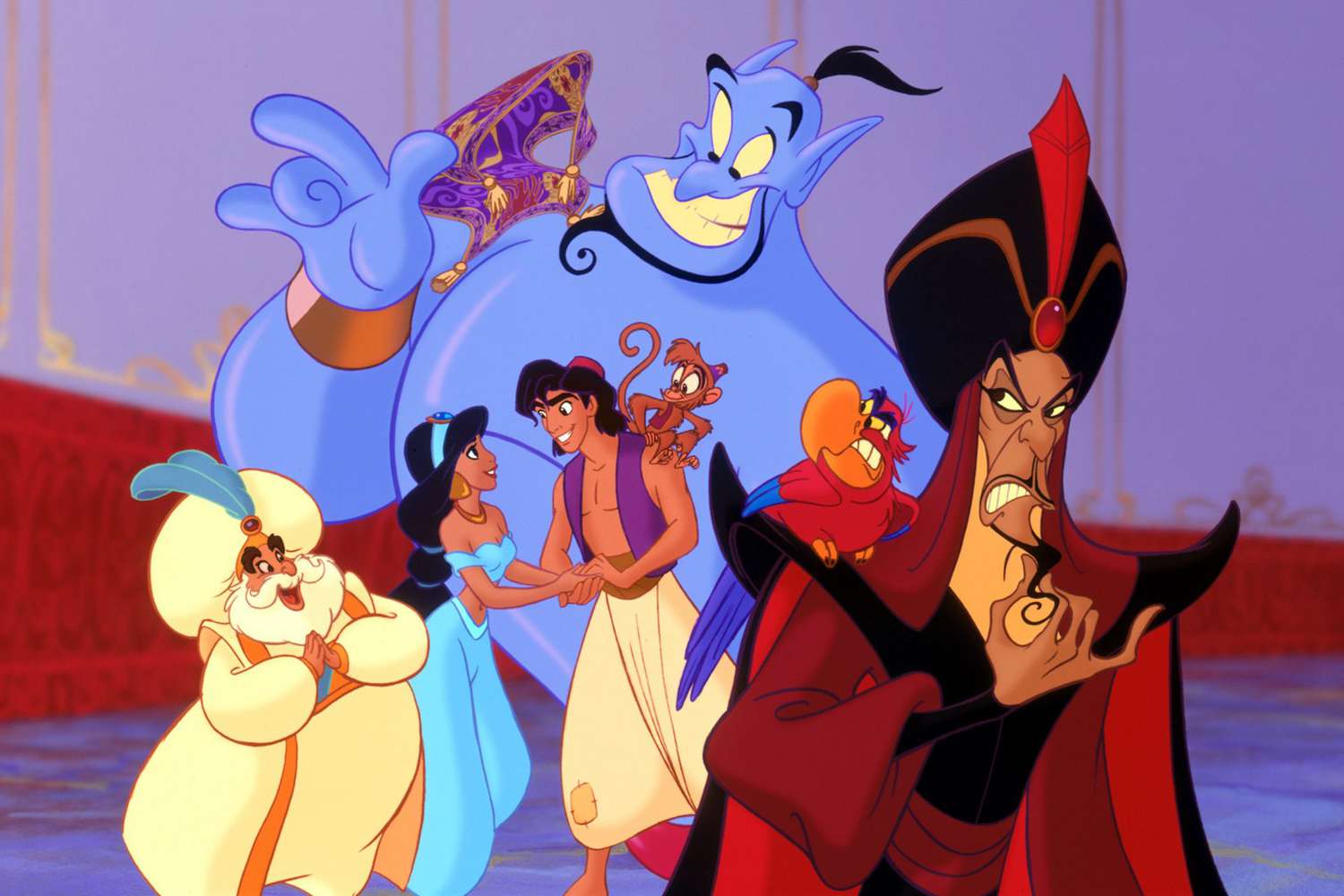October is Down Syndrome Awareness Month, a time to educate and advocate as well as celebrate those individuals with Down Syndrome. I had a chance to speak with John C. McGinley today about one of the most challenging yet rewarding roles in his life.
It isn’t Dr. Cox from Scrubs or Stanley Miller from his new horror comedy series Stan Against Evil. This particular role was one that hit close to home, the father of a very special young man named Max.
That’s My Entertainment: Let’s go over the story of Max. When you first discovered that diagnosis, what were your original thoughts?
John C McGinley: I had no idea what Down Syndrome was, certainly not clinically. Emotionally…I didn’t know anything. We went to the hospital…the clear diagnosis from the blood protein and the sonogram was that this was going to be a beautiful little girl. We did not have the amino because we were discouraged from having the amino because Max’s mom (Lauren Lambert) was very healthy and I was healthy and there was no history of challenges in either one of our families, and so it was all supposed to be a Norman Rockwell painting and then Max came out, he was not a girl and his twenty-first chromosome had tripled so it was the equivalent of being smashed over the head with a cosmic hammer and the disorientation of it all.
The first person in the room as Max was in the neonatal intensive care unit was a representative of the state of California who said “the state would be more than willing to take charge of this individual if that’s what we wanted.” And I kicked him out of the room. I still don’t know what he was talking about never had the spine to look into it. Then you kind of bury your head in the sand for a while.
There is a trajectory that involved a woe is me component and sooner or later you get your head out of the sand and you see this little kid looking up at you and his need for help and intervention transcends any other pity party that you might invite yourself to and you start to get involved. You start to get second and third and fourth opinions from a medical community that would largely advocate for over medicating that population.
TME: One of the things you talked about in your 2014 interview on Hallmark’s Home and Family about raising a child with special needs is Integrated parenting and an integrated family. Can you tell me a little more about that concept?
JCM: I found that the parenting trap there is to lean into one side or the other. Billie Grace and Kate are the politically correct term is typical kids and Max has Challenged. To lean too hard into accommodating Max’s challenges and compromising Billie Grace and Kate is tricky and then to lean too hard into the Billie Grace and Kate capacity to learn and leave Max behind is a trap. So there is a sweet spot in the middle there that you can only find when you are in it. There is no guide; You can only find it when you are in it.
This is something that you did through trial and error? Did you have had from medical professionals? How did you discover this?
I would say between Max’s mom who is a phenomenal advocate, my sensibilities and connections to the medical communities, and the Global Down Syndrome Foundation, mixed with Nicole’s influence; that’s a lot of incredibly clear thinking, an objective adult intervention that if you can assimilate all that input you have a chance.
In raising a typical teen/young adult there are social issues that can arise in their development. What were some of the social challenges you had raising a teen/young adult with down syndrome?
The hardest thing to wrap your head around and the three dirty little secrets of overall with down syndrome is that its hard as a teen going forward to have age-appropriate friends. I can’t be a hypocrite on this. I didn’t have any friends who were born with Down Syndrome when I was 16 or 17 years old. It’s heartbreaking and it’s very hard to see this community largely left to fend for themselves largely in a friendship trajectory and so you rely on family, a lot. Max depends on Billie Grace, Kate Max’s mom, and Nicole. You have to generate friendship and that’s a really hard one to swallow because you certainly can’t force a teenager to be your son’s friend, nor would you want to but that one is a really hard man.
TME: Do you feel now that Max is 21 and do present-day medical care and medical professionals better equipped to care for individuals with special needs, specifically down syndrome?
JCM: No. Certainly not. Not unless you have the web of resources to get a second, third and sometimes fourth opinion until you arrive at a caregiver in the medical community who is at least peripherally versed in how to treat someone who’s 21st chromosome has tripled. Since that is such a low priority in any medical program, it’s on the parents or on the caregiver’s shoulders to find someone who is appropriate for their son or daughter. It’s really hard and it’s profoundly disturbing.
John involved himself with an organization that is to significantly improve the lives of people with Down syndrome through research, medical care, education, and advocacy. This organization was led by CEO and founder Michelle Sie Whitten who also has a child with Down Syndrome. John recalled how he got involved and became one of the members of the board.
TME: Tell us about your history with the Global Down Syndrome Foundation.
JCM: The groups I had been with have largely been Kumbayaa let’s hold hands and make pamphlets. I wanted to be more proactive and more aggressive. I saw my friends who were working with aids advocates and breast cancer advocates and wondered why aren’t we doing something like this.
Michelle Sie Whitten and I met, and told me “we have all four lobbyists on staff in Washington D.C., and we’re building a wing down at Children’s Hospital in Denver in the Linda Cyrnic institute as well as the Sie Center for Down Syndrome.
We’re a researched and medical based organization who just want to improve the people with Down syndrome lives through research and medicine.” Then I was in. I wanted to be with people who are aggressively attacking how to make these people’s lives better and that is what happens at Global.
TME: Global also does a be beautiful be you a fashion show that you just came back from. Tell me a little bit about that.
JCM: It is a now a five-year tradition with my family. It is the single biggest fundraiser for people with down syndrome and down syndrome research on the whole planet. And everything that could have possibly gone right this year did. At these type of events, it’s a had thing to authentically say. From Jamie Foxx to Colin Farrell and some of the other celebrities that we were lucky enough to have joined us, and the lineup of models all of whom are people born with down syndrome, it was one of the great nights of my life.
TME: Where did the Spread the Word to End the R-Word Movement originate?
JCM: It started almost ten years ago now, Tim Shriver invited me up to the Special Olympics World Winter Games hosted in Boise Idaho and I went to events and then Tim invited me to a youth leadership activation conference which is a component of every world games.
In this Youth Leadership Activation conference, there are about 200 of the athletes were also self-advocates. It was a whole nother concept I had to wrap my head around in a copious way. All these self-advocates in this auditorium and they tabled different ideas and different conflicts that were impacting them all around the world. And to a person from South Africa to England, to Australia, the kids from South America… a lot of the athletes said they were fed up with the word retard/retarded.
And we started to craft this campaign and then the athletes shaped it and we made it viral and all of a sudden it became a movement. Understand it’s baby steps. The r-word retard and retarded are used as much today as ever. And so it’s baby steps for us, but we feel we are moving in the right direction.
TME: People feel awkward when they have to interact with someone with special needs. Whether it’s their parents or the individual themselves. As a parent how would you suggest an individual approach you or individuals with intellectual disabilities?
JCM: There is no real pragmatic answer to that. I would approach them with kindness and compassion. Try not to put them on the spot.
That’s how I approach people with the r-word because if you tell people how to talk their emotion and spiritual fists are gonna go up and so I invite people and just ask people if there isn’t a better way to say what they just said. For example, if someone says “… the party was retarded” and they say “what?” and I just say “you just said the party was retarded”. And they say, “Oh I didn’t mean anything by it” and you just say.” Well, that’s really offensive to us.” Now all of a sudden we are having a conversation. It’s born out of the entre into..” isn’t there a better way to say that?” Then the person invariably says what? They will never say F-you. And I just find that in engaging in dialogue especially when you want to shape language which people are entitled to use any way they want unless they say a fire in a movie theater. When it comes to people using the r-word the fact of the matter is that they are liberally allowed to use it, so you gotta meet people halfway on that one.
John is an international spokesperson and board member of the Global Down Syndrome Foundation as well as for the Special Olympics and the End the Word movement. Currently, he stars as the reluctantly retired sheriff of Willard’s Mill on IFC’s horror comedy Stan Against Evil premiering on October 31st 10 pm E/P.
You can follow him on twitter @JohnCMcGinley
There are many more questions that were left unanswered but there is a lot of information available on the organization he mentioned for those parents and caretakers who are seeking more information on what options are available for people with Down Syndrome for care, education as well as support groups that are available all over the world. There are even downloadable .pdfs in multiple language formats for educational purposes.
Global Down Syndrome Foundation: https://www.globaldownsyndrome.org/
Twitter @GDSFoundation
Facebook:https://www.facebook.com/GDSFoundation/
Instagram: https://www.instagram.com/globaldownsyndrome
For those wanting to get involved and participate to create communities of inclusion, there are two sites, the Special Olympics as well as the Spread the word to end the word site listed below. Both are great informational resources.
Special Olympics: https://www.specialolympics.org/
Twitter:@SpecialOlympics
Facebook:https://www.facebook.com/SpecialOlympics/
Spread the Word to End The Word:
Twitter @Endtheword
Facebook:https://www.facebook.com/EndtheWord/

Movie
Upcoming NTR Junior projects
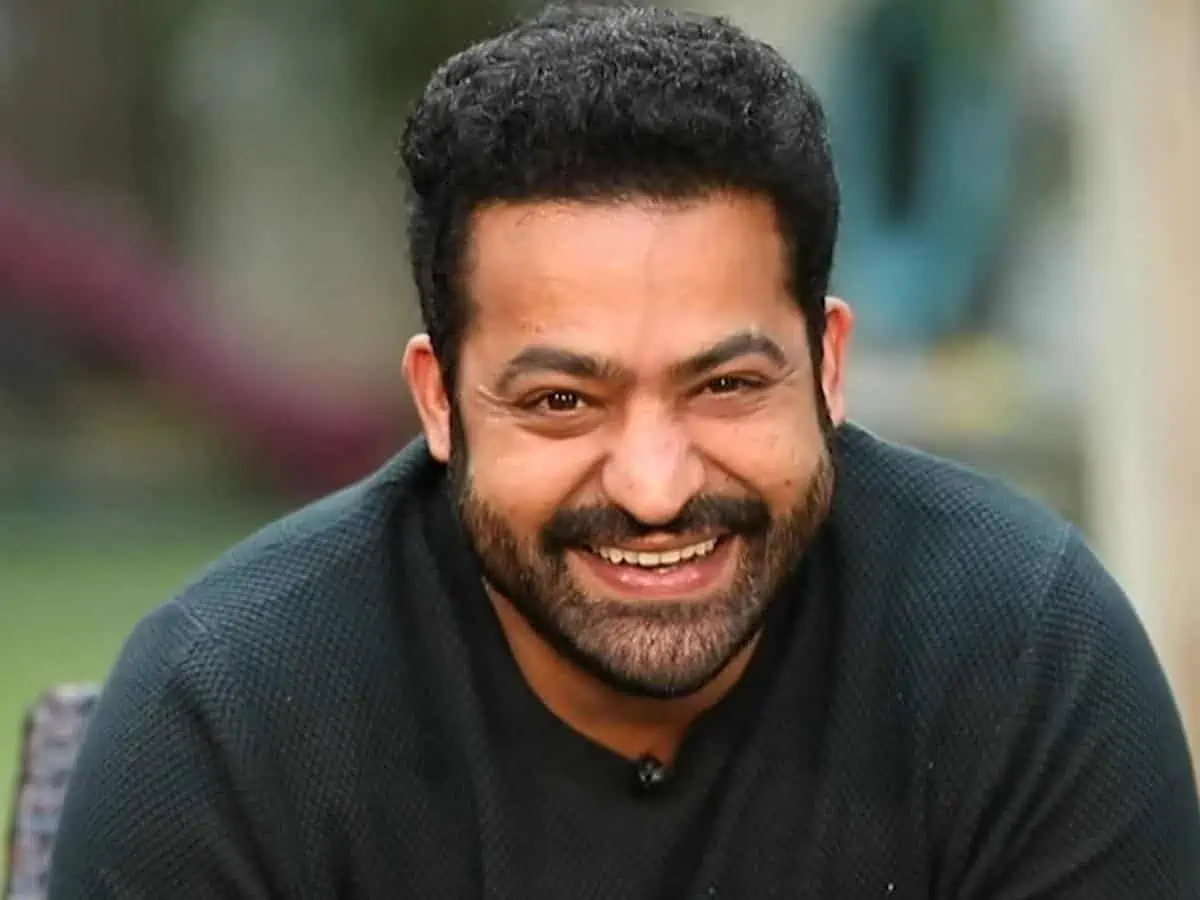
Nandamuri Taraka Rama Rao Jr., affectionately known as Jr NTR, has consistently enthralled audiences with his dynamic performances and versatile acting prowess. Following the successful release of “Devara: Part 1” on September 27, 2024, fans are eagerly anticipating his forthcoming projects. Here’s an overview of what’s next for this action superstar.
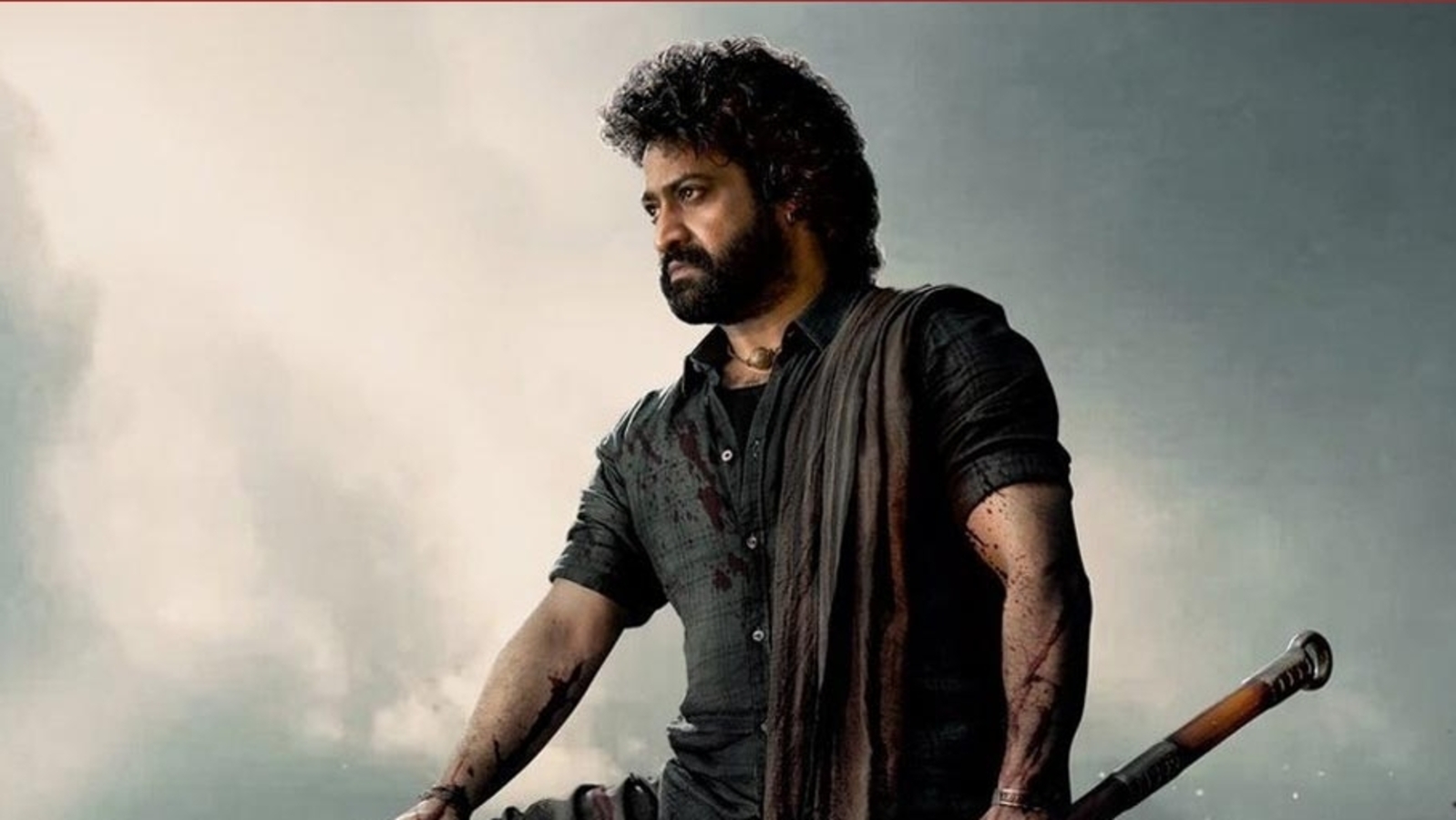
1. Devara: Part 2
After the resounding success of “Devara: Part 1,” which grossed over ₹466 crore globally, the sequel is highly anticipated. Director Koratala Siva has hinted that “Devara: Part 2” will be even more intense, stating that if Part 1 showcased 10% of Jr NTR’s capabilities, Part 2 will unveil the remaining 90%. Filming is slated to commence in the first half of 2026, with a targeted release by the end of that year.
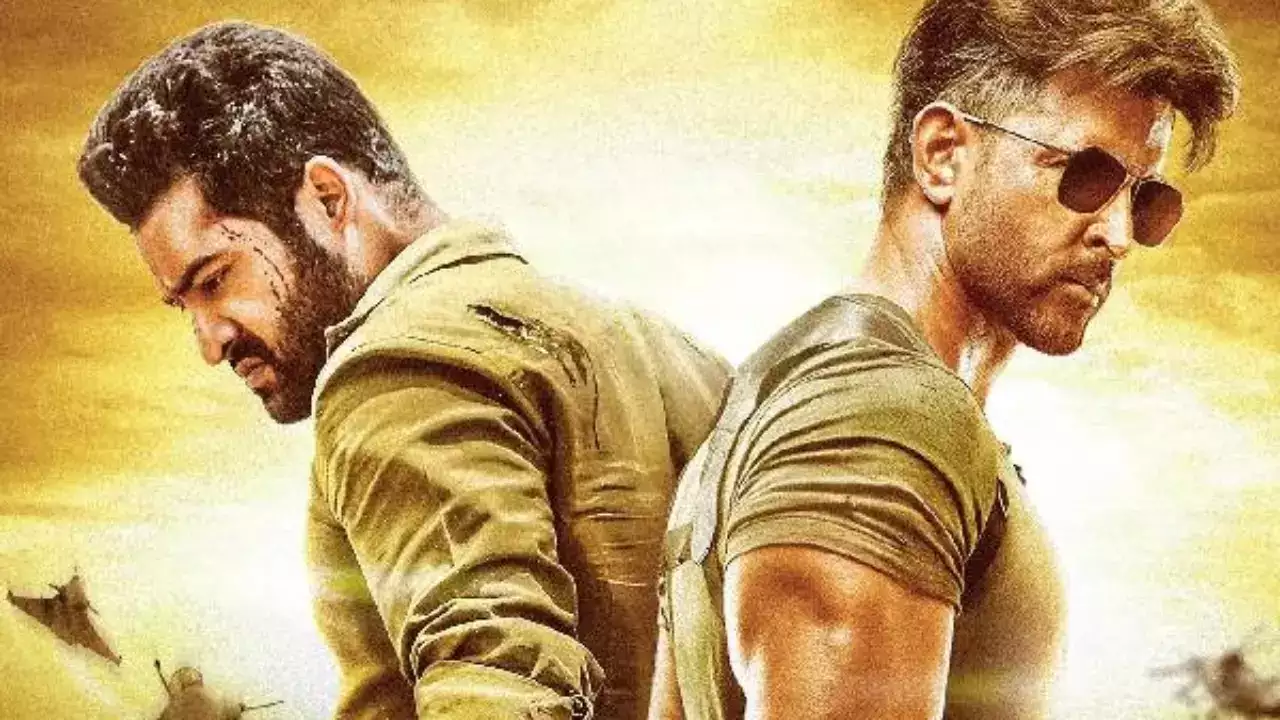
2. War 2
Expanding his horizons, Jr NTR is set to make his Hindi film debut with “War 2,” directed by Ayan Mukerji. This sequel to the 2019 blockbuster “War” will see him sharing screen space with Hrithik Roshan and Kiara Advani. The film is part of the YRF Spy Universe and is scheduled for release on August 14, 2025, coinciding with the Indian Independence Day weekend.

3. NTR 31 (Tentative Title: Dragon)
In collaboration with acclaimed director Prashanth Neel, Jr NTR will star in a period drama tentatively titled “Dragon.” The film is set to delve into themes of immigration and is expected to be one of the most expensive projects for both the actor and the director. The movie is slated for a grand release on January 9, 2026.
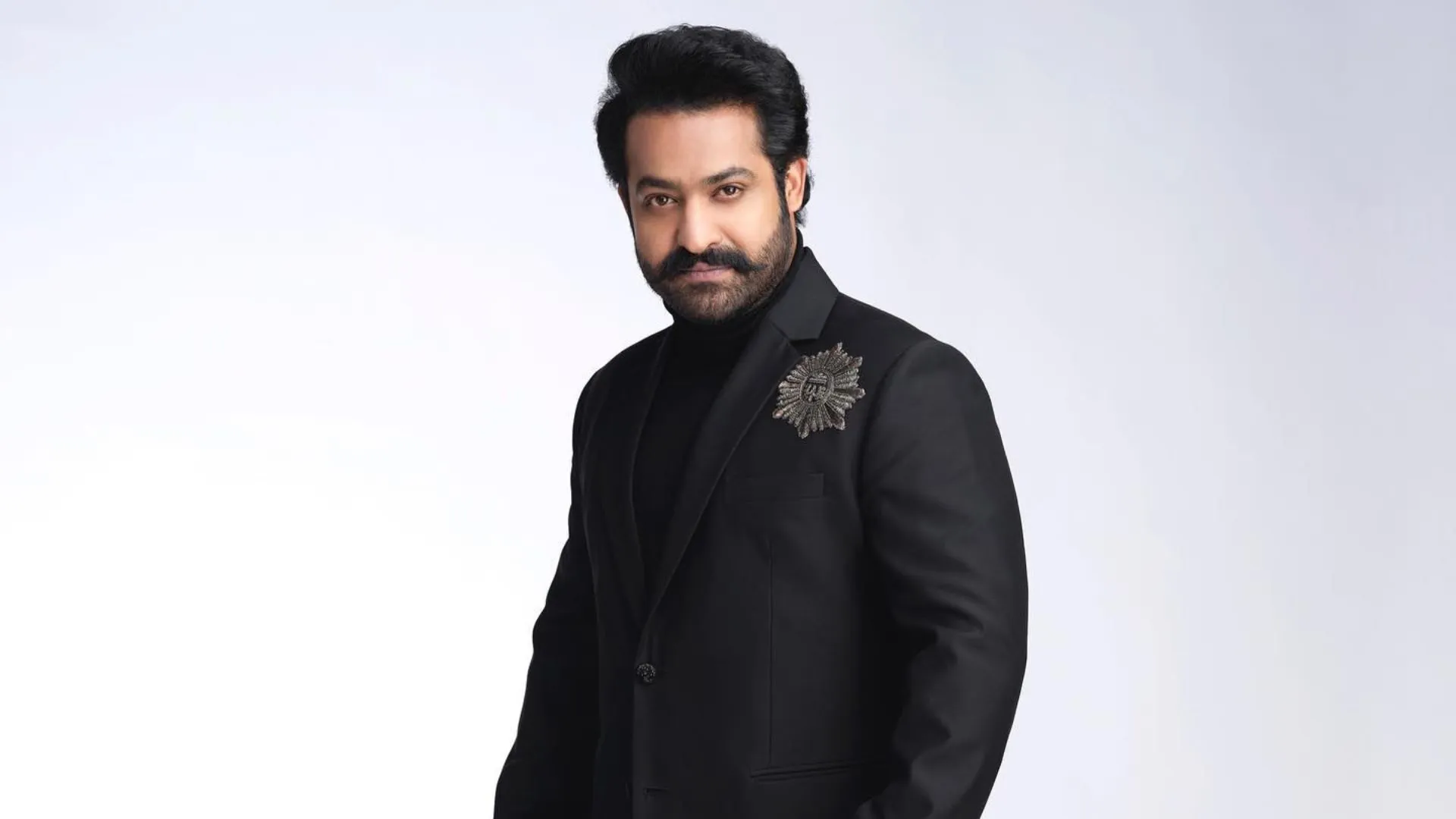
Why Jr NTR is the Action Hero Everyone Wants to See
Jr NTR’s appeal as an action hero stems from his ability to seamlessly blend intense physicality with deep emotional resonance. His performances are characterized by a compelling screen presence, dynamic energy, and a remarkable ability to connect with audiences across diverse roles. This unique combination of skills has solidified his status as a leading figure in Indian cinema, making him the action hero everyone wants to see.
With a lineup of diverse and high-profile projects, Jr NTR continues to push cinematic boundaries and captivate audiences worldwide. His dedication to his craft and ability to reinvent himself with each role ensure that fans have much to look forward to in the coming years.
Movie
“Death of a Unicorn: A24’s Twisted Fairytale You Won’t Forget”

Headed to a wilderness retreat of a wealthy pharmaceutical CEO to hopefully land a lucrative job, widower Elliot and his reluctant daughter Ridley manage to have a car accident with a heretofore-thought creature out of legend, and hijinks ensue!
Oh this is an absolute gem of a movie y’all, brought to you by the genius minds of film production company A24, a delightful blend of horror and campy, almost idiotic, comedy. Make sure your seatbelt is buckled and let’s dive into this!
So Ridley (Jenna Ortega) is you typical teenager, angsty and missing her passed-on mother, full of acne troubles and secretly vaping while her dad Elliot (Paul Rudd) ignores her for much more than appearance purposes, while he schmoozes his way into the good graces of the family they’re going to stay with. Elliot ignores everything but his continued greed, for both money and continuous stability for him and Ridley, really, he swears, so when the misty mountains cause their electronics to go haywire and Elliot’s busy with that crisis, he doesn’t notice until it’s too late and BAM. You’ve hit an actual unicorn with your car.
Like most girls, Ridley can’t help but be fascinated by the poor mythical horse-like creature, and of course she reaches out to grasp the glowing horn, filling her head full of magic and her eyes full of stars and the cosmos, while Elliot has a much more, let’s say visceral, reaction. But rather than calling, I dunno, some sort of wildlife preserve or the cops or even considering burying the unfortunate horned horse, no, the baby is loaded like a downed stag into the back of Elliott’s car and they hurry on to the CEO’s wilderness retreat.
It makes sense that the changes to Ridley’s appearance are the first thing that allows O’Dell (Richard E. Grant) and his greedy, grasping family to understand that the body of the unicorn has healing properties. Wife Belinda (Tea Leoni) is your typical utterly vapid socialite who helps the poor downtrodden of whatever’s currently popular third world country, not for the do-gooder part of it, but for the optics. And their son Shepard (Will Poulter) is a walking poster boy for the arrogant frat boy type who could never settle on just one thing to be or do, and so he tries them all – archery, photography, mixology, music and various forms of pharmaceuticals, all while sporting these terrible fashion choices in shorts and rambling proudly about his nonexistent accomplishments. Griff (Anthony Carrigan) is the family butler and general verbal punching bag, and let us not forget the unfortunate pair of doctoral research scientists who get called in to examine the unicorn, Dr. Song (Steve Park) and Dr. Bhatia (Sunita Mani).
So we have a family of covetous types who all want to divy the unicorn up and sell its various parts for as much wealth and power as they can get, plus the pair of scientists who are flabbergasted to find themselves dissecting an actual unicorn that, hey, guess what, isn’t actually dead for really-real yet. Elliott’s trying to procure his and Ridley’s slice of the action, though honestly, his lawyerly powers of persuasion seem to be rather lacking in this regard, while Ridley is off doing some actual research on medieval unicorns and what the ancient legends in tapestries had to say about them. You know how the modern genie, with his Arabian lamp and his three wishes with their horrifically ironic consequences, actually stems from the ancient legend of that old monster, the creature born from fire that wants nothing more than to destroy all human life on Earth, the Djinn? Our modern legends and beliefs about unicorns is kinda like that.
So everyone, even our scientists with their experiments and O’Dell supposedly being an experienced animal hunter, seems to have forgotten that a horse is a mammal and therefore, has parents. And while everyone is concerning themselves with what to use the babies’ various parts for, only Ridley seems to have realized, that the babies’ sire and dam are coming for it!
We all know horses are smart, and that humans and horses can form an almost mythical bond, but when a stallion or even a dam’s ire is raised, they can attack and defend just as well as any rampaging beast, and do present a very real and dire threat. And these particular horses, with their shaggy midnight-black coats and hooves the size of monster-truck hubcaps, their fangs and absolute righteous rage at their baby being stolen, not to mention both mom and dad’s inherently magical nature, and those utterly badass war-unicorn horns, are here to wreak utter destruction and death upon the humans that would dare to eat, drink and snort, their baby!
Full of utterly ridiculous fun with human greed and the scarcely-remembered wonder of those magical creatures you heard about as a child, cheer along with the Jurassic Park-like screech of our rampaging parents to save their baby, in Death of a Unicorn, in theaters now!




